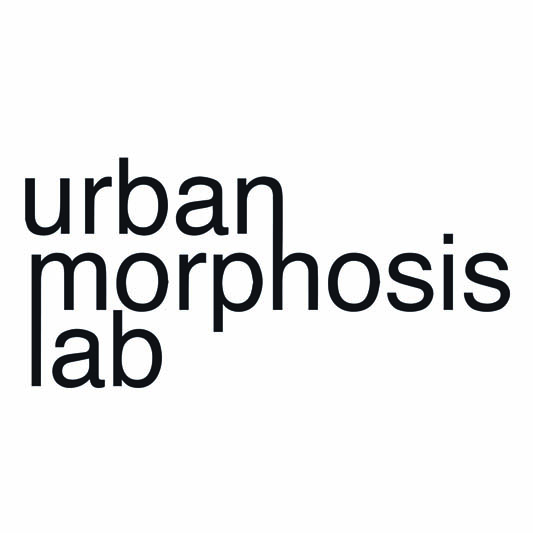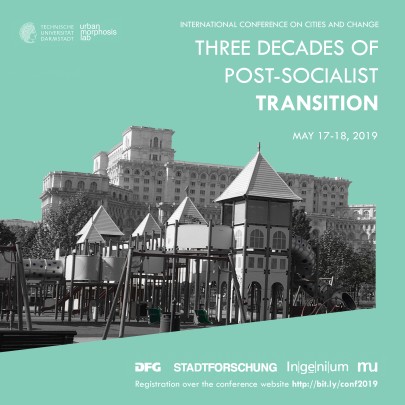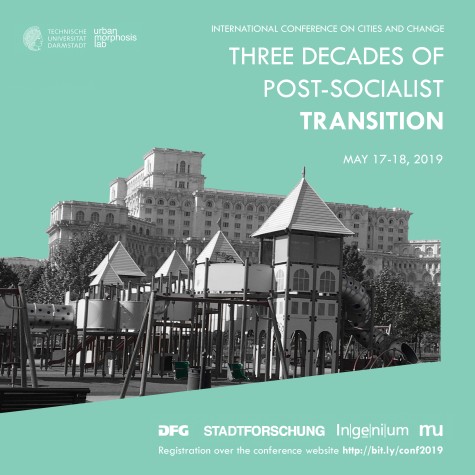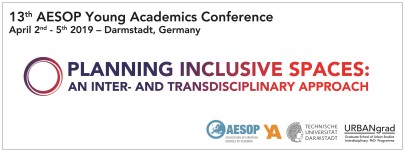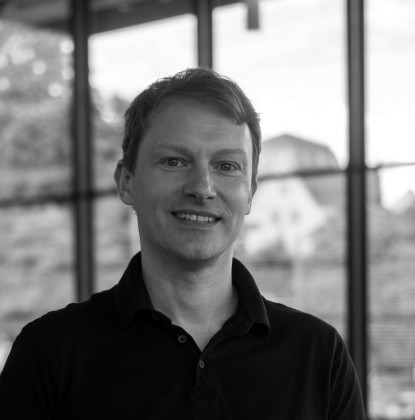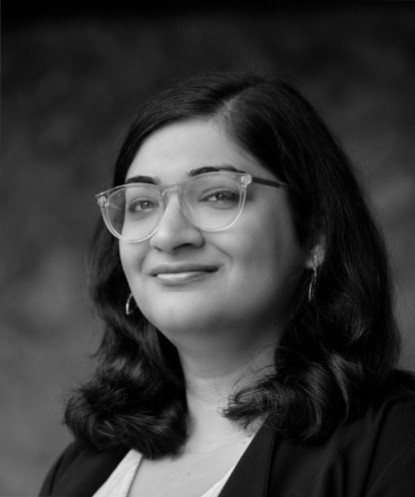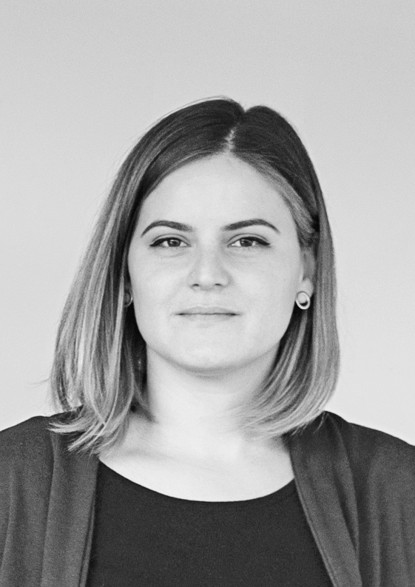Urban Transitions in Praxis & Academia, 2020-2021
Lecture series
18.11.2020-03.03.2021, TU Darmstadt, Germany
This interdisciplinary lecture series aims to address diverse topics related to the complexity and diversity thatcontemporary cities increasingly face. The focus will be on rapid urban transitions occurring globally thatchallenge ways of how we perceive cities, and alter city planning and management perspectives. This has led tocommunity-led approaches in designing and planning, inclusive urban development practices, resource sensitiveurban design–amongst others. However, these transitions have also increased challenges and responsibilities thatarchitects, urban designers, planners, and development practitioners are facing today. Against this background,invited practitioners and academics working on diverse urban topics will give lecture presentations highlightingcritical and practical approaches to urban transition issues from the perspective of their own experiences.
Programme:
- Who are cities for? Gender and Diversity in urban practice, Lizzette Soria Sotelo, UN Women
- Re-restablishing lost connections: Knowledge production + small politics, Natasha Aruri, TU Berlin
- Urban Transitions in East Africa. Between informality, international capital and inherited planning legislation, Wolfgang Scholz, TU Dortmund
- Architecture at The Intersection of Identity, Culture and Otherness, Dhara Patel, TU Darmstadt
- Global Agendas – do they really matter for cities?, Günter Meinert, GiZ/TU Berlin
- Digital transformation of tourism value chains for sustainable economic development, Lauren Ugur, Heilbronn University
- CO2 neutral cities – chances and challenges of municipal transformation processes, Iris Behr, Wissenschaftsstadt Darmstadt
Three Decades of Post-Socialist Transition, 2019
First International Conference on Cities and Change
May 17-18, 2019, TU Darmstadt, Germany
After the collapse of state socialism in Central and Eastern Europe (CEE), the former socialist countries’ inclusion into the competitive global economies advanced as both; temporally and spatially uneven processes. These uneven processes presented myriad diversities, thereby implying significant shifts and high levels of creativity in finding ways of adapting to new forms of socio-political realities, which in turn offered a multitude of opportunities for urban research. Subsequently, scholarly attention has been paid particularly on examining interconnections between historical-, sociological-, and market-related aspects of transitioning processes. However, the exact implications of their spatial transformations have been largely absent within systematic research. Contrary to the often more adaptable socio-political structures of cities, built urban environment requires more time to adapt to changes and consequently reflect the new ideological concepts. This thereby warrants thirty years of comprehensive transition (1989-2019) as an optimum point of departure for undertaking a thorough and in-depth reflection. Hence, the international conference “Three Decades of Post-socialist Transition” seeks to bring together leading urban academics to discuss issues of post-socialist transition and a multitude of its effects on built urban environment from diverse perspectives. In addition, we also aim to challenge and advance both our knowledge and practice around the complex links within the neoliberal development agenda, socio-political changes, post-socialist identity formation, representation of cities and the urban space.
Some of the key themes discussed during the conference were:
- Urban memory and heritage
- Contested heritage and heritage of conflict
- Urban and national identity building
- Governance, planning, revitalization and regeneration
- Urban shrinkage and sustainability
- Urban tourism, branding and marketing
- Socio-political contestations and negotiations
- Gentrification, spatial segregation and polarization
Planing Inclusive Spaces: An Inter- and Transdiciplinary Approach, 2019
13th AESOP Young Academic Conference
April 2-5, 2019, TU Darmstadt, Germany
Planning, as a young discipline, is trying to create a unity of intellectual frameworks to understand and enhance the creation of cities. This discussion is particularly important when planning inclusive spaces. Inclusion is a multifaceted concept with its various spatial, social, and economic factors. The aim of the conference is therefore to bring different perspectives to the discussion by critically examining the knowledge upon which what we call planning is formed. We invite researchers and practitioners dealing with public space and inclusivity, health-promoting designs, governance and resilient urban strategies. Attention is paid to how these processes are interdisciplinary conceptualized and in which ways planning responses are promote inclusivity. Understanding the ways by which inhabitants of the city—as critical participants—provide unprecedented and innovative urban paradigms is equally crucial to this notion of inclusive urban space. The intrinsic links, conflicts and power relations between all actors through social, professional, and political processes and their interplay within the physical dimensions of the city must be well understood and worked on.
We hope to offer the participants new insights by bridging the limitations of a single discipline; directing the debate towards an exploration of the countless opportunities but also challenges of inter- and transdisciplinary thinking.
The conference is a four-day event consisting of keynote talks parallel sessions for young academics to present their research, two parallel workshops and a field trip. In the parallel sessions participants will benefit from the insight of a track chair that is renowned in his/her field, and the feedback of a discussant.
The tracks:
- ‘Public space’ and the dilemma of inclusion. Chair (Keynote): Prof. Dr. Astrid Ley, Co-chair: Dr.-Ing. Anshika Suri
- Health promoting urban planning and design. Chair (Keynote): Prof. Dr. Adriana Allen
- Citizenship and governance in the production of space. Chair (Keynote): Prof. Dr. Roger Keil, Co-chair: Dr.-Ing. Nebojša Camprag
- From sustainable to resilient urban strategies. Chair (Keynote): Prof. Dr. Benjamin Davy, Co-chair: Dr.-Ing. Simon Gehrmann


